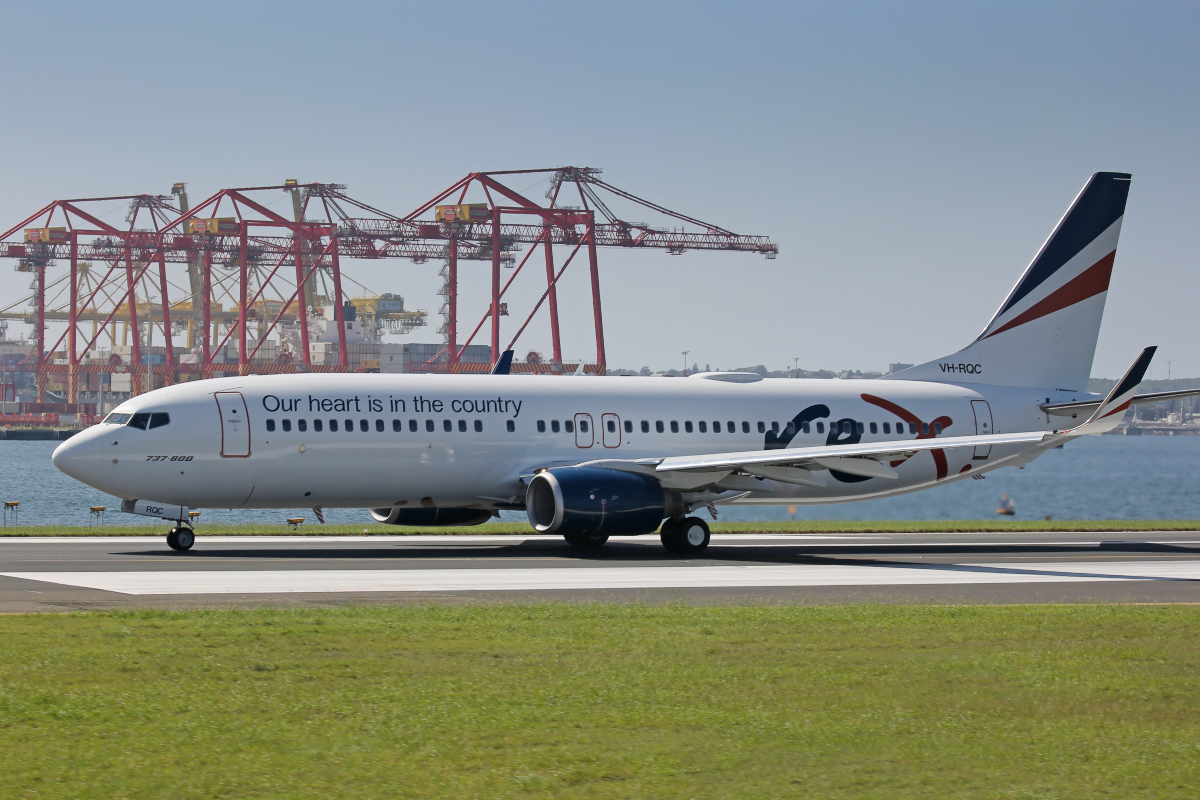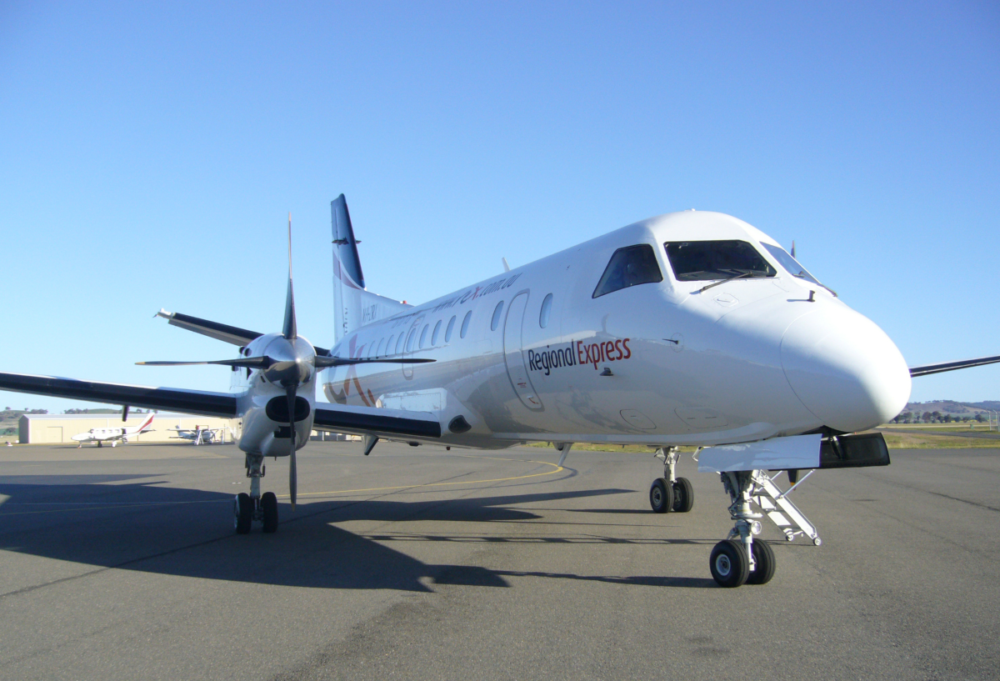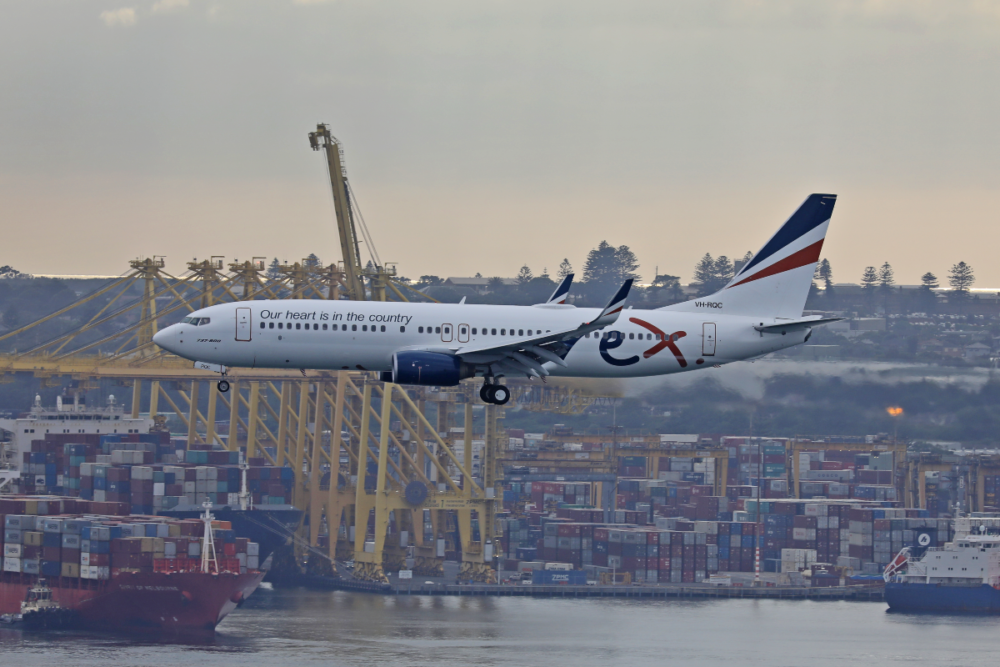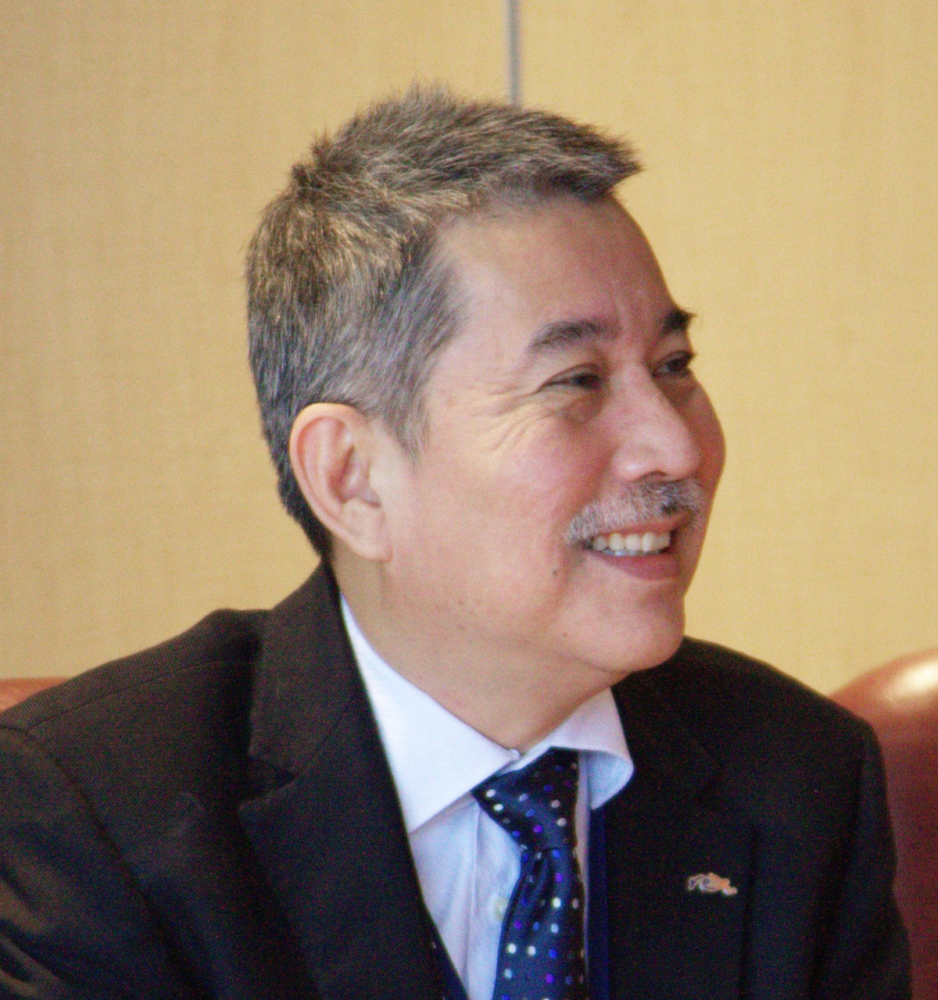Australia's Regional Express (Rex) posted a US$13.36 million after-tax loss for the 12 month period ending June 30. The loss was in line with revised guidance issued earlier this month. The results comes as Rex faces ongoing problems in a turbulent operating environment.
Rex had a rollercoaster of a year. Twelve months ago, generous government handouts bolstered the airline's fortunes. Then, six months ago, Australia's domestic airline industry was reviving nicely, and Rex took a punt, beginning mainline Boeing 737-800 flights. But within months, a fresh round of travel restrictions cruelled Rex's hopes of a decent financial performance this year.
“The airline industry has never been as badly ravaged in its entire history as today with a staggering drop of 56% in passenger numbers globally," said Rex’s Executive Chairman, Lim Kim Hai yesterday.
To understand the magnitude of the devastation, the drop in global passenger numbers was 16% during the global financial crisis. Rex’s passenger numbers fell by 29% in the past financial year.”
Crunching the numbers at Rex
In addition to regular passenger services, Rex operates dedicated charter and freight services. Group total revenue was US$187.5 million, down 20.4% on the 12 months prior. Revenue from passenger services was US$91.5 million, also down 41.3% on the 12 months prior.
Rex had revenues of US$22.6 million from charter services and generated US$8.2 million from freight in the most recent financial year. Significantly boosting Rex's bank balance was the US$63.96 million received in government subsidies over the last 12 months.
Costs were down in the 12 months to June 30. Costs across the Rex Group totaled US$192.6 million. That included US$18.1 million in fuel costs. In contrast, Rex Group costs totaled US$255.3 million in the 12 months to June 30, 2020, including US$24.4 million in fuel costs.
Fuel was the airline's fourth-biggest cost in the last 12 months. Topping the list was salary and employee-related costs at US$79.0 million. Flight and port operation costs followed at US$34.9 million. Also besting Rex's fuel costs was engineering and maintenance costs at US$33.6 million.
Further Boeing deliveries delayed at Rex
Lurking in the background were unanswered questions about the fate of Rex's six Boeing 737-800s and four further jets due any day. The first six planes only started flying in March, but Rex grounded them in July with border closures and travel restrictions sapping demand.
Rex tapped almost US$110 million in funding from major investor PAG (one of Asia's biggest alternative investment management groups) to get those Boeings in the air. But with the planes grounded, Rex continues to bleed cash on lease and upkeep costs while generating no revenues.
Was Rex bullish enough to bring in those extra jets right now? Turns out, no. With the first two of the four extra Boeings due in August and failing to show up, Rex's Deputy Chairman John Sharp confirmed delivery was delayed yesterday.
According to The Sydney Morning Herald, John Sharp said no more planes would arrive until Rex was confident it could fly without ongoing border restrictions or lockdowns. The airline is now eyeing delivery dates in the first half of 2022.
"We've always said we'll scale up or scale down according to the circumstance."
Rex bosses say the result is good considering the circumstances
Executives at Rex yesterday said the airline had performed well given the operating environment. But they don't see much immediate relief on the horizon. Lim Kim Hai said the outlook, particularly for the remainder of 2021, is uncertain.
“In these circumstances, Rex has performed relatively well in a full year of operations under
the pandemic. I am pleased that we have even managed to improve on our performance over
the prior year, which was only affected by COVID for a third of the year,” the Executive Chairman said.
“The first half of the FY22 will continue to be dominated by rolling lockdowns and border
closures. It is possible that the second half will be struck by further waves of infection given
the experience of other highly vaccinated countries."
Deputy Chairman John Sharp concurred with the pessimistic short-term outlook.
"With COVID, nothing is coming together in a way we want it to," The Australian reports him saying. "It's very difficult to predict. and therefore, in my view, making forecasts about when things will reopen is fraught with danger."
Saying the ongoing problems with domestic flying in Australia had gone on longer than Rex or its competitor airlines had expected, Mr Sharp said Rex had made the right calls earlier this year, particularly regarding expanding into jet services. Until then, Rex had stuck to what it did best- flying Saab 340 flights around regional Australia.
Stay informed: Sign up for our daily and weekly aviation news digests.
Is a major Rex investor looking to sell their stake?
Meanwhile, there is scuttlebutt that is not well among Rex's mostly Singaporean investors. The Australian's Data Room page published an article on Tuesday ahead of the Rex annual results announcement suggesting PAL may be looking at an exit strategy.
PAL issued convertible bonds last year for the Boeing expansion. But the Data Room column reports rumors PAG is looking for a way out and Virgin Australia's owner, Bain Capital, is a possible buyer.
Bain bought Virgin Australia last year after the airline slid into administration. Most observers expect Bain to flip Virgin Australia once it becomes profitable again. But right now, profitability seems a while off, and Bain is busy pumping cash into Virgin Australia to keep it going.
Whether Bain is up to supporting a second Australian airline in the present environment is a question worth asking. Whether Australia's competition czar, the ACCC, would allow it is also a factor.
But it is a delicious scenario that potentially works on several levels. Both airlines could provide feeder traffic to each other. Virgin Australia sticks to the mainline jet flights, and Rex sticks to regional flying. There would be some great synergies.
Rex's current major shareholders and investors have deep pockets, helping ensure the airline can sit out the present downturn. But regardless of who owns Rex, once flying gets back to normal or near-normal, there will be a strong focus on restoring Rex to profitability.




